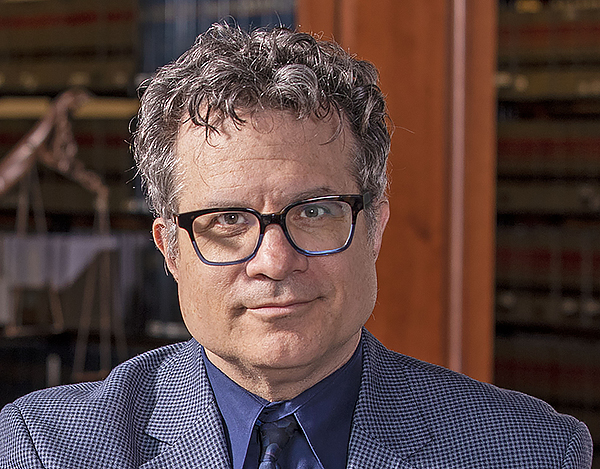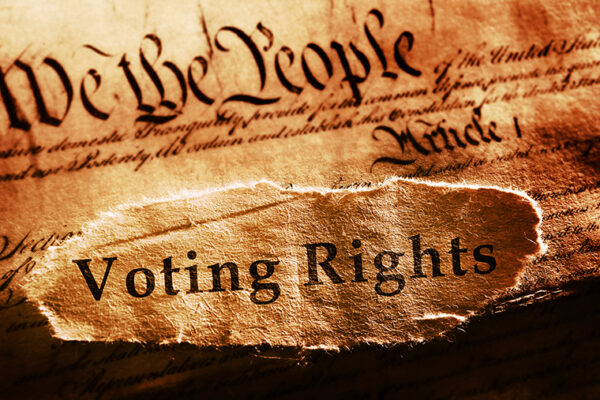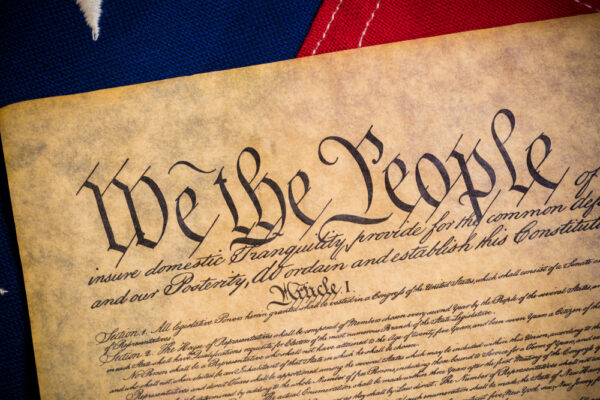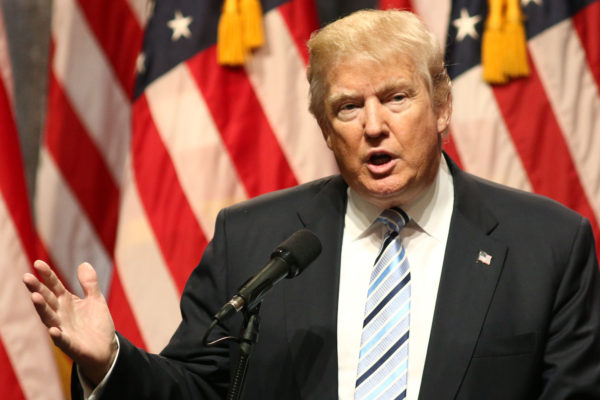If Florida’s action to strip Walt Disney World of its status as a special tax district is indeed retaliatory against the company for its opposition to the state’s “Don’t Say Gay” law, as critics call it, then Florida has plainly violated the First Amendment, said a constitutional law expert at Washington University in St. Louis.
Florida’s legislature passed a bill April 21 that would eliminate a special legal status that allows Disney to operate as an independent government around its Orlando-area theme parks.
The move comes as Florida’s government has taken aim at Disney for its opposition to a law that restricts teaching about LGBTQ issues in schools.
“A common misconception holds that the U.S. Supreme Court in Citizens United v. FEC broke new ground by holding that corporations are persons capable of exercising First Amendment rights,” said Gregory Magarian, the Thomas and Karole Greene Professor of Law. “In fact, the principle that corporations have some constitutional rights goes back to the 19th century.”

The real controversy in Citizens United was whether the First Amendment guaranteed corporations the particular right to spend money in election campaigns without constraint, Magarian said.
“In contrast, the First Amendment right at issue in Florida’s attack on Disney is not controversial,” he said. “Corporations certainly are capable of expressing themselves, as Disney did when it spoke out against ‘Don’t Say Gay.’ Government, in turn, may not retaliate against any speaker’s political speech. No one seriously argued in Citizens United that the government was deliberately attacking any speaker because of the speaker’s viewpoint. That appears to be exactly what Florida Governor Ron DeSantis is doing to Disney.”
“You can adamantly disagree with the Supreme Court’s holding in Citizens United and still easily conclude that Florida’s attack on Disney blatantly violates the First Amendment,” Magarian said.


